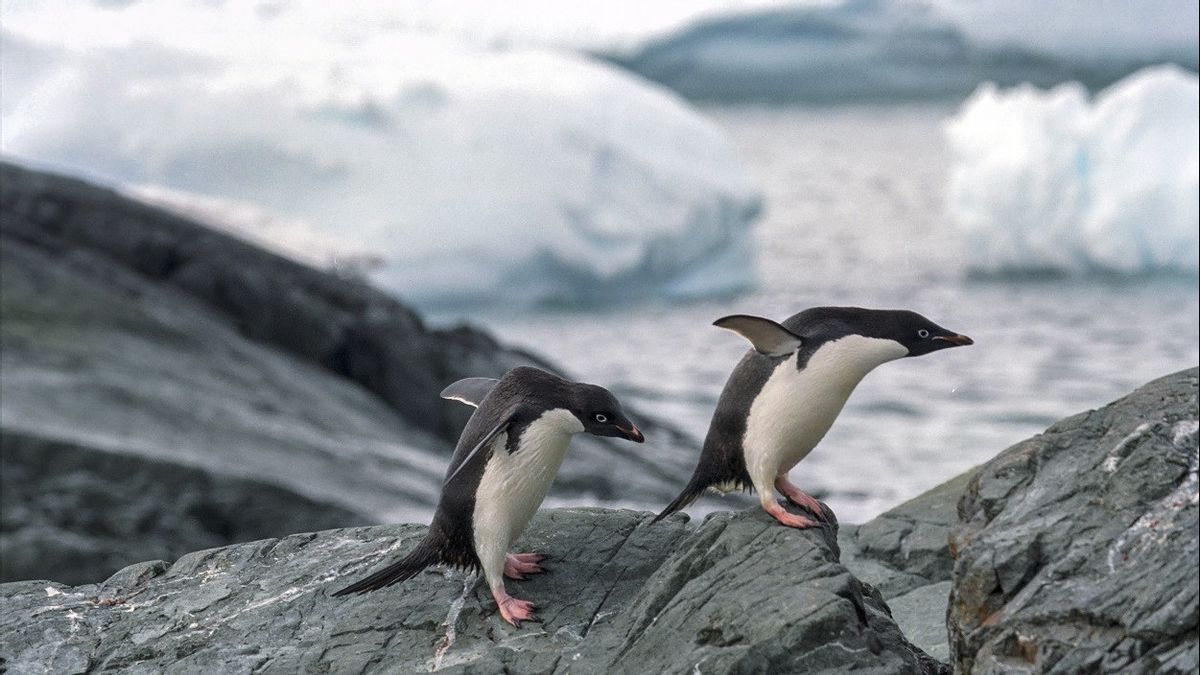JAKARTA - Researchers are investigating the alleged death of thousands of birds in Antarctica from bird flu, after an expedition conducted last month found at least 532 Adelie dead, while thousands more are thought to have died, according to a statement by the Australian Federation University.
Although the researchers suspect the deadly H5N1 bird flu virus killed the penguin, field tests are inconclusive, the university said.
The samples are being sent to a laboratory that researchers hope will provide the answer in the coming months.
Scientists are specifically concerned that the H5N1 influenza, which often has fatal consequences, could destroy penguin species, as well as other endangered animals in the region.
The disease has spread more aggressively in wildlife than it has ever been since arriving in South America in 2022 and is rapidly spreading to Antarctica, where the first H5N1 case was confirmed in February.
"This has the potential to have a major impact on wildlife that has been affected, such as climate change and other environmental pressures," said Meagan Dewar, a wildlife biologist at the Federation University who participated in the latest expedition.
Dewar said Adelie's dead penguin was found frozen at temperatures below zero degrees and covered in snow on the island of Badminton.
Dewar and a small team of researchers were unable to calculate all the carcasses on the large island, estimating a total of several thousand carcasses died in the following weeks or months.
A colony consisting of about 280,000 Adelie birds reproduces on Badminton Island every year. After finishing breeding, the living penguin had moved places by the time the expedition arrived, Dewar said.
Dewar's expedition found H5-type bird flu on the Antarctic peninsula and three nearby islands on skua seabirds, predators eating eggs and penguin cubs.
SEE ALSO:
It is known that about 20 million pairs of penguin breeds in Antarctica each year, according to the British Space Survey.
The island includes the emperor's penguin, which scientists fear will be nearing extinction by the end of the century, as sea ice shrinks as a result of climate change. The melting of sea ice by 2022, caused thousands of cubs to sink.
The emperor could now face additional threats in the form of deadly bird flu, Dewar said.
"Now there is the potential for the emperor's penguin to be affected in the spring of next year," he said.
The English, Chinese, Japanese, Arabic, and French versions are automatically generated by the AI. So there may still be inaccuracies in translating, please always see Indonesian as our main language. (system supported by DigitalSiber.id)


















